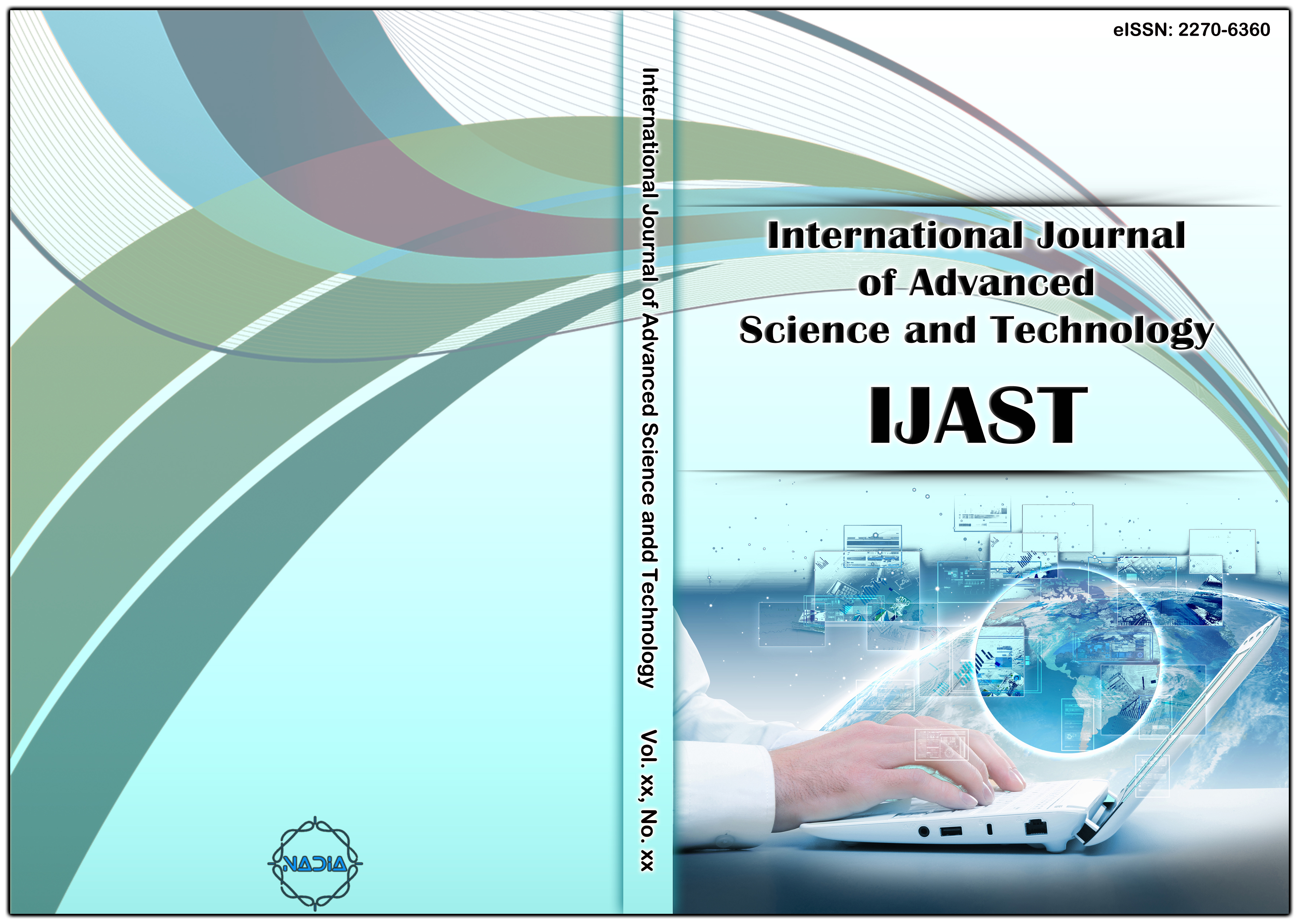[1] D. J. White, “A survey of applications of Markov decision processes”, Journal of the operational research society, vol. 44, no 11, (1993): 1073-1096.
[2] A. Larach, C. Daoui, and M. Baslam, “A Markov Decision Model for Area Coverage in Autonomous Demining Robot”, International Journal of Informatics and Communication Technology (IJ-ICT), vol. 6, no 2, (2017): 105-116.
[3] A. R. Sfar, E. Natalizio, Y. Challal, “A Markov game privacy preserving model in retail applications”, In Selected Topics in Mobile and Wireless Networking (MoWNeT), 2017 International Conference on IEEE, (2017): 1-8.
[4] M. L. Puterman, “Markov decision processes: discrete stochastic dynamic programming”, John Wiley & Sons, (2014).
[5] D. P. Bertsekas, and J. N. Tsitsiklis, “An analysis of stochastic shortest path problems”, Mathematics of Operations Research, vol. 16, no 3, (1991): 580-595.
[6] B. Bonet, and H. Geffner, “Solving stochastic shortest-path problems with RTDP”, Universidad Simon Bolivar, Tech. Rep., (2002).
[7] B. Bonet and H. Geffner, “Labeled RTDP: Improving the Convergence of Real-Time Dynamic Programming”, In: ICAPS. (2003): 12-21.
[8] B. Bonet, and H. Geffner, “Faster heuristic search algorithms for planning with uncertainty and full feedback”, In: IJCAI. (2003): 1233-1238.
[9] A. Kolobov, D. S. Weld, H. Geffner, “Heuristic search for generalized stochastic shortest path MDPs”, In: Proceedings of the Twenty-First International Conference on International Conference on Automated Planning and Scheduling, AAAI Press, (2011): 130-137.
[10] D. S. Weld and A. Kolobov, “Stochastic Shortest Path MDPs with Dead Ends”, HSDIP, (2012): 78.
[11] F. Teichteil-Konigsbuch, “Stochastic safest and shortest path problems”, Proceedings of the Twenty-Sixth AAAI Conference on Artificial Intelligence, AAAI Press, (2012): 1825-1831.
[12] A. Kolobov, D. S. Weld, “A theory of goal-oriented MDPs with dead ends”, arXiv preprint arXiv: 1210.4875, (2012).
[13] F. Trevizan, F. Teichteil-Konigsbuch, and S. Thiebaux, “Efficient solutions for stochastic shortest path problems with dead ends”, In: Proceedings of the Thirty-Third Conference on Uncertainty in Artificial Intelligence, UAI, (2017): 11-15.
[14] R. E. Bellman, “Dynamic Programming”, Princeton University Press. Princeton, NJ, (1957).
[15] M. L. Littman, T. L. Dean, and L. P. Kaelbling, “On the complexity of solving Markov decision problems”, In: Proceedings of the Eleventh conference on Uncertainty in artificial intelligence. Morgan Kaufmann Publishers Inc., (1995): 394-402.
[16] K. W. Ross, and R. Varadrajan, “Multi-chain Markov decision processes with a sample path constraint: A decomposition approach”, Mathematics of Operations Research, vol. 16, no 1, (1991): 195-207.
[17] M. Abbad, and H. Boustique, “A decomposition algorithm for limiting average Markov decision problems”, Operations Research Letters, vol. 31, no 6, (2003): 473-476.
[18] M. Abbad and C. Daoui, “Hierarchical algorithms for discounted and weighted Markov decision processes”, Mathematical Methods of Operations Research, vol. 58, no 2, (2003): 237-245.
[19] C. Daoui, and M. Abbad, “One some algorithms for limiting average Markov decision processes”, Operations Research Letters, vol. 35, no 2, (2007): 261-266.
[20] C. Daoui, M. Abbad and M. Tkiouat, “Exact decomposition approaches for Markov decision processes: A survey”, Advances in Operations Research, vol. 2010, (2010).
[21] P. Dai, D. S. Weld and J. Goldsmith, “Topological value iteration algorithms”, Journal of Artificial Intelligence Research, vol. 42, (2011): 181-209.
[22] A. Larach, S. Chafik and C. Daoui, “Accelerated decomposition techniques for large discounted Markov decision processes”, Journal of Industrial Engineering International, vol. 13, no 4, (2017): 417-426.
[23] M. Sharir, “A Strong-connectivity Algorithm and its Applications in Data Flow analysis”, Computers & Mathematics with Applications, 7(1), (1981): 67-72.
